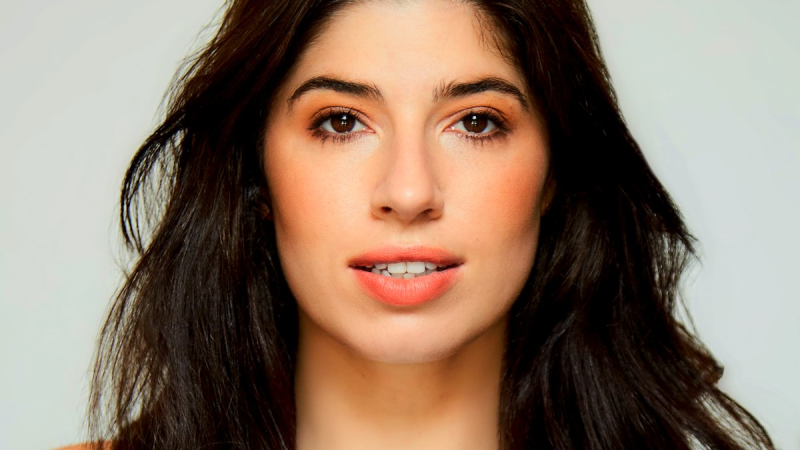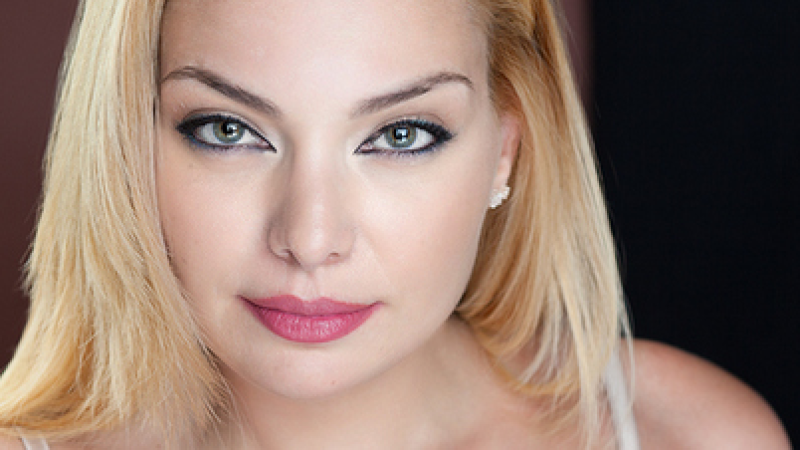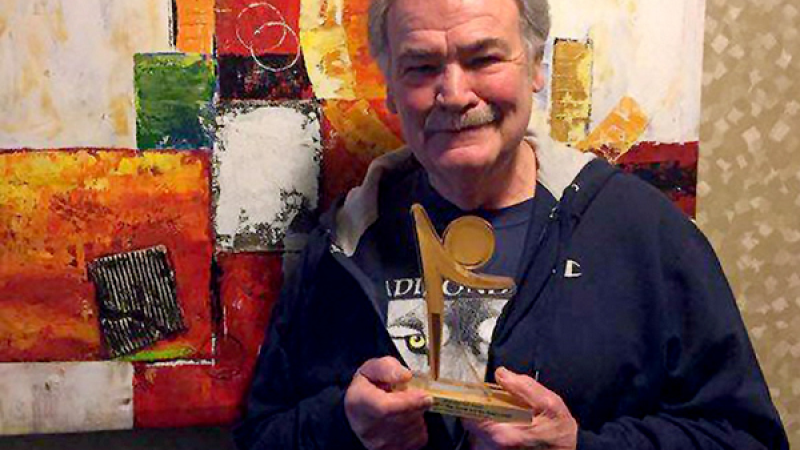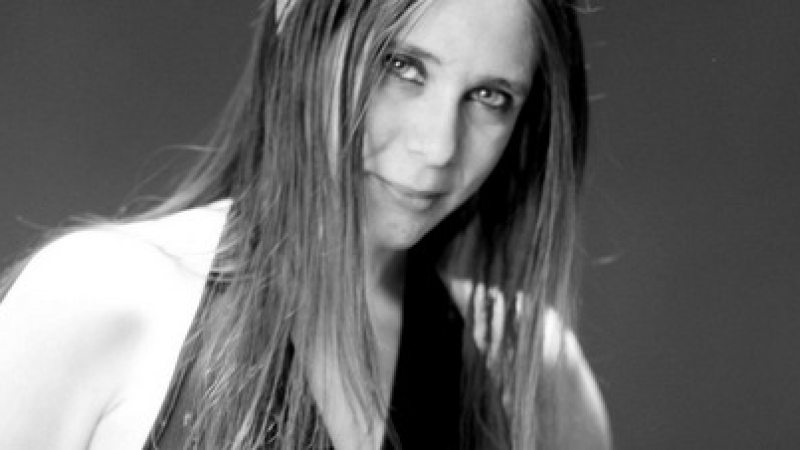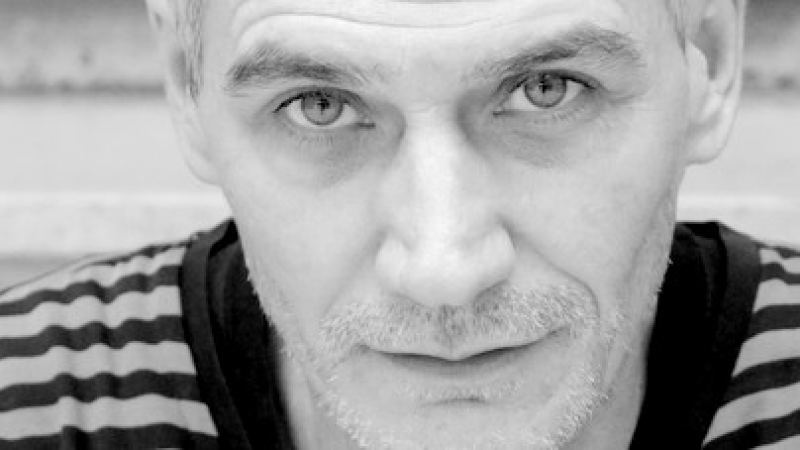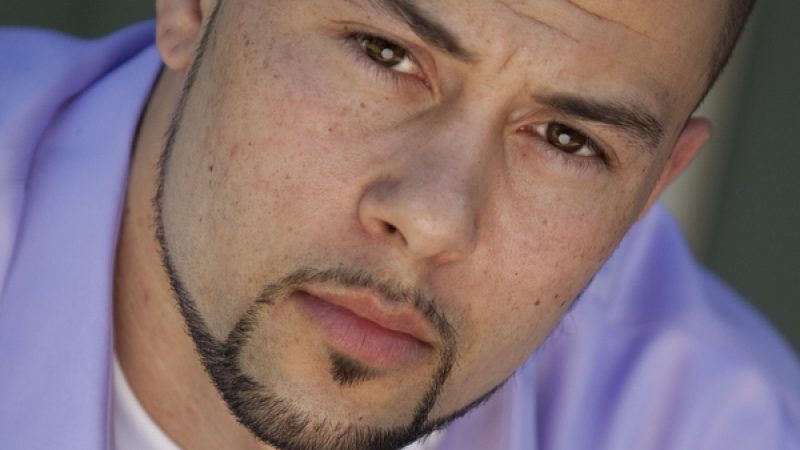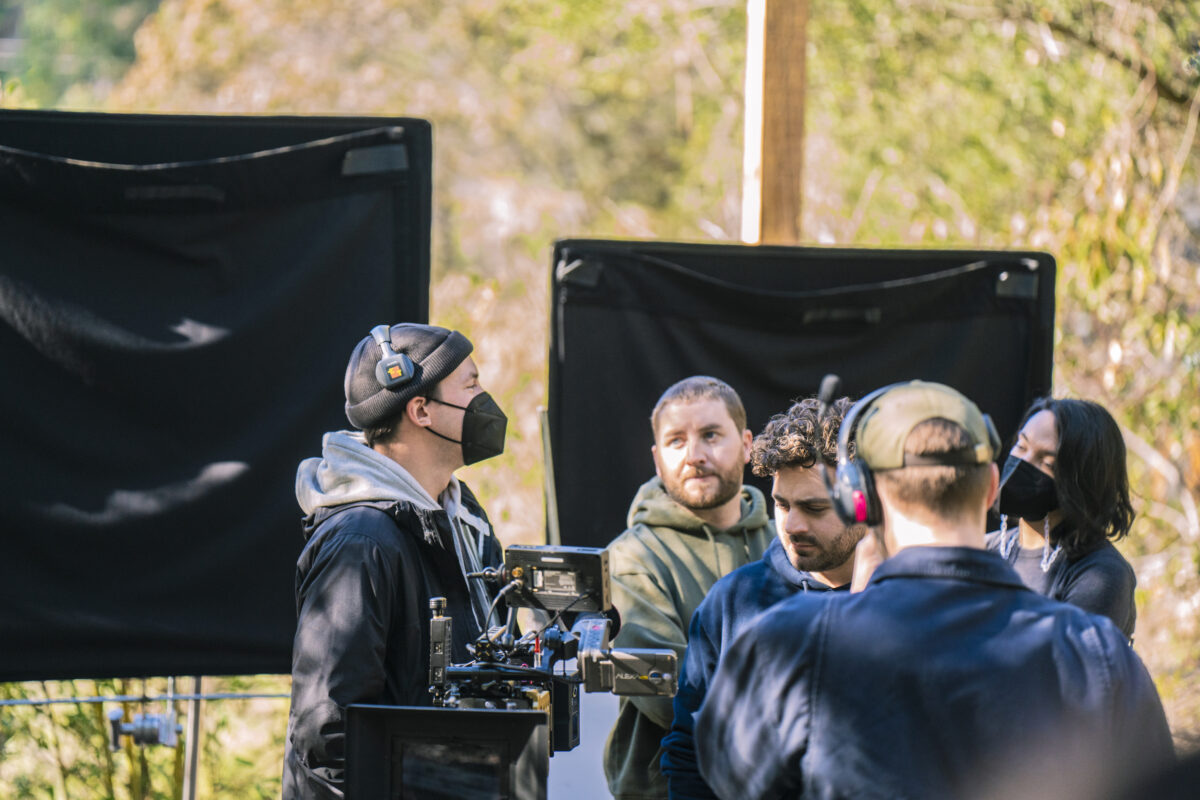
indieactivity: How did you get into directing? How would you describe your style?
Neal Kelley (NK): I started acting when I was 7 years old and first directed when I was in high school. There was a community theater called The Lights Up Company and I had, in hindsight, the ridiculous notion that I could somehow direct Edward Albee’s The Zoo Story and The American Dream (starring Jono!). Then I continued directing at the University of Michigan and in New York, where I got to direct Pomme and Yuriy and build our creative partnership.
Jono and I have been friends for over 20 years and share sensibilities and ways of thinking about movies. Playing with tone is really important for us, and we try to pay attention to the nuances of human speech and behavior. What is said, unsaid, how people react to one another and to their environment can change over the course of a scene, or even a line of dialogue—that’s where drama thrives.
Jono Sherman (JS): I also started acting at a young age, and since elementary school took every excuse possible to make a movie for a school project. In the third grade, I made a movie about Howard Carter discovering King Tut’s tomb. In high school, I made a movie adaptation of The Scarlet Letter. At the University of Michigan, I enrolled in the film program and relished the chance to learn from some great professors and other wonderful filmmakers. A short I wrote and directed (starring Neal!) during my senior year still has some of my favorite shots in any film I’ve worked on thus far.
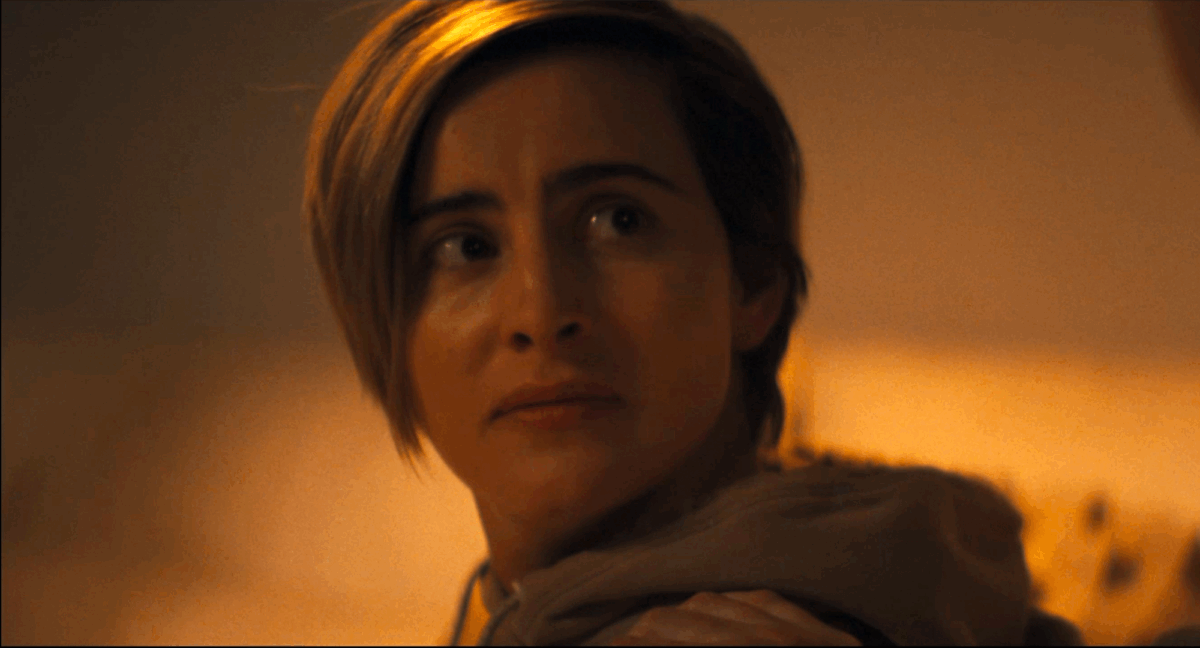
I think the fact that Neal and I were both acting at such a young age has helped inform our style as directors. We both love working with actors and allowing them to explore their characters throughout the process. As important as every aspect of a film is, the actors, and the lives that they bring to any film, is central. We both love the technical aspects of moviemaking, but at the end of the day, pretty much every scene is just actors bringing a story to life in front of a camera. That’s something I think we’ll always try to keep in mind no matter where this journey takes us.
When putting together the cast for Daddy, did you collaborate with a casting director or take a more direct role in those decisions? What drew you to Yuriy Sardarov for the lead, and what qualities were you looking for across the ensemble?
Neal Kelley (NK): We didn’t hire a casting director for Daddy and cast it pretty early when we were writing the first draft. We went to college with Yuriy and Pomme at the University of Michigan and knew that they would be perfect for it. Any time you have an ensemble film where everyone has to carry equal weight, you’re really looking for actors who can both carry a scene and support a scene. Yuriy has a lot of experience and is very sly, present, and vulnerable. We knew those qualities were what we were looking for in Sebastian.
Jono Sherman (JS): We didn’t know whether or not we would act in this, but after doing a few Zoom readings with Pomme and Yuriy, we felt our connection as an ensemble could lead to something interesting. Jacqueline Toboni didn’t come in until quite late in the process. We had cast another actor who unfortunately had to drop out and Jacqueline came in at the 11th hour and saved us. She was coming into a cast and crew that had been working together for a week and completely turned things upside down in a really thrilling way. The way she was able to be moment-to-moment in each and every scene was exactly what we needed in that character.
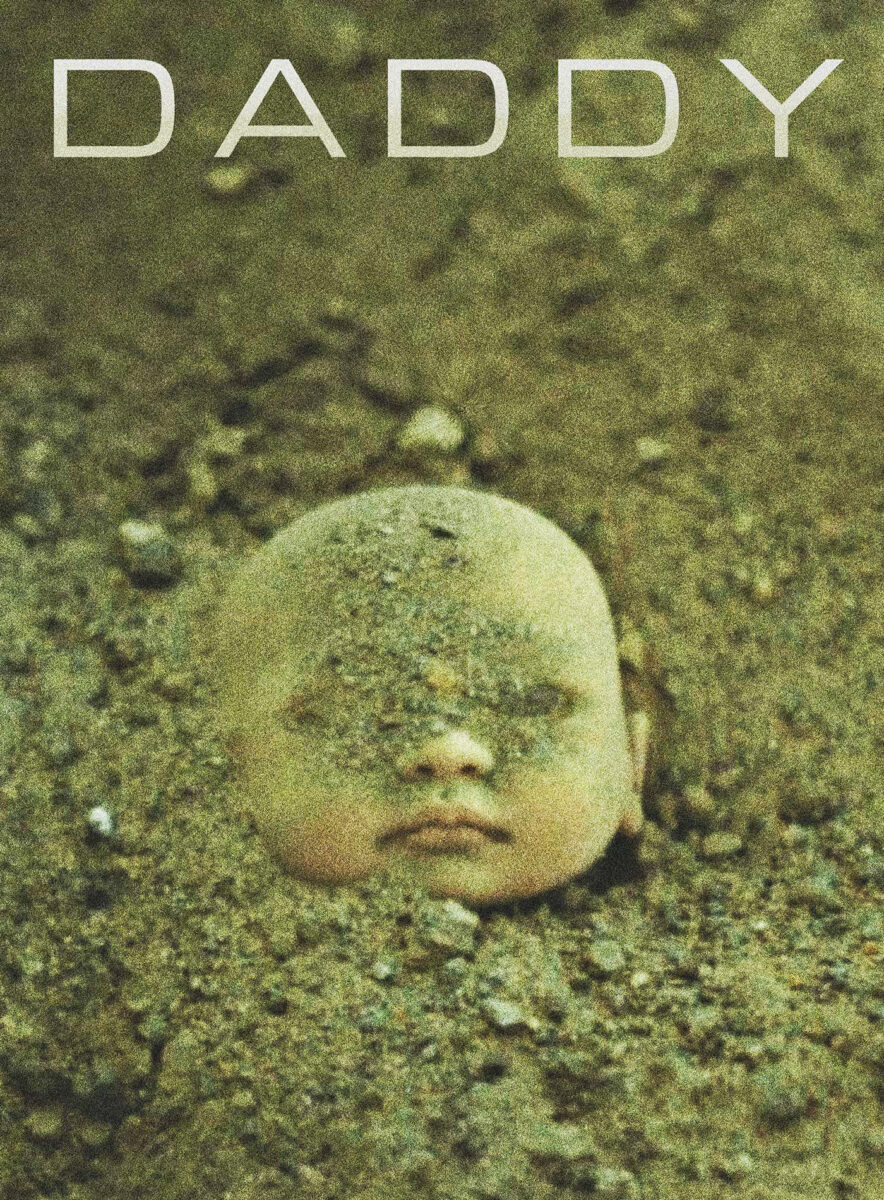
Without giving anything away, tell us a little bit about the script, how did you come up with the idea?
Neal Kelley (NK): We were looking to make something small and intimate that we thought we could get financed. We started writing in October of 2020 but didn’t want to make something set during COVID. Instead, we thought about some of the themes that were emerging – isolation, paranoia, an existential sense of uncertainty. Not knowing when it might end. As we talked more about where we were in our lives, we realized we were right around the age our parents were when they had us, and how we felt far away from wanting children. Those conversations led to jotting down some ideas and eventually writing the script.
Who is “Daddy” for? Who do you think would enjoy it the most?
Jono Sherman (JS): We wanted to make a movie that we would enjoy – Daddy. And we took inspiration from a lot of the movies that have challenged and inspired us through the years. That’s part of what makes working in independent film so gratifying. You can keep films personal even as you look for a way to attract a more universal audience. Daddy is for people who love stories that feel a bit off-center with multi-dimensional characters that don’t fit into any specific mold or archetype.
How long did it take to shoot the entire film?
Neal Kelley (NK): We shot in about 15 days. We had to do extensive prep ahead of time to maximize the time we had on set. It goes much faster than you think it will, and even though others had told us that, nothing can prepare you for the reality of working against the clock until you’re there.
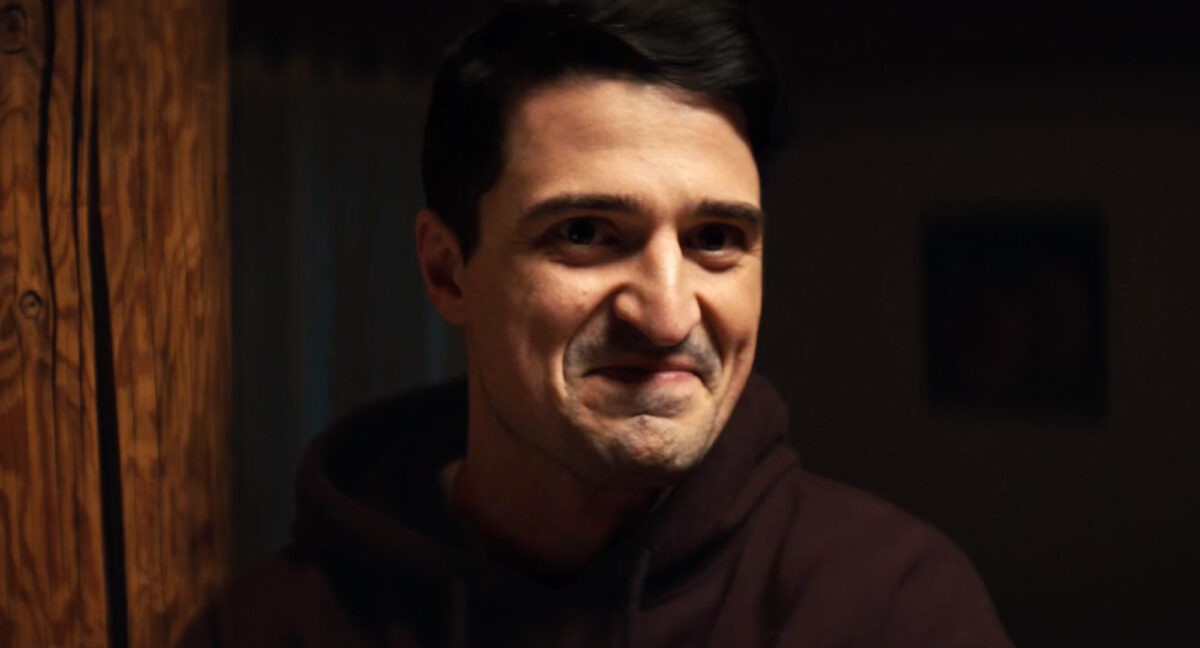
How long was the post-production process?
Jono Sherman (JS): Roughly 2.5 months. Since we didn’t have the budget to rent out an editing bay, we actually edited the film entirely out of our editor’s apartment. Then we spent a week color correcting the film and a few weeks working on sound design before having the final cut.
The film had a lot of talent working behind the scenes as DPs, sound designers, composers, etc. Why is it important to have strong creative voices both in front of and behind the camera?
Jono Sherman (JS): Film is such a special art form because it truly is a creative collaboration from start to finish. While we had both directed projects prior to shooting Daddy we had never taken on something of this scope and budget before. For that reason, we knew that we were going to have to heavily rely on the rest of the talent we brought along. We were very lucky to work with people who weren’t just talented, but also a joy to be around. Their ability to take our story and create a world out of it through the camera, art direction, music and more was instrumental in creating the final product.
What are your goals with “Daddy”?
Neal Kelley & Jono Sherman (NK & JS): More than anything. We wanted to prove to ourselves that we could make a feature – Daddy. We had spent several years trying to get a few projects off the ground. Being able to make a film, on our terms. And to feel proud of it, is something we come back to during the moments of self-doubt or frustration. The fact that it’s now available to rent and has been able to play in theaters has been very gratifying. We’re hopeful it can find an audience. And, be a good calling card as we work to get our next film made..
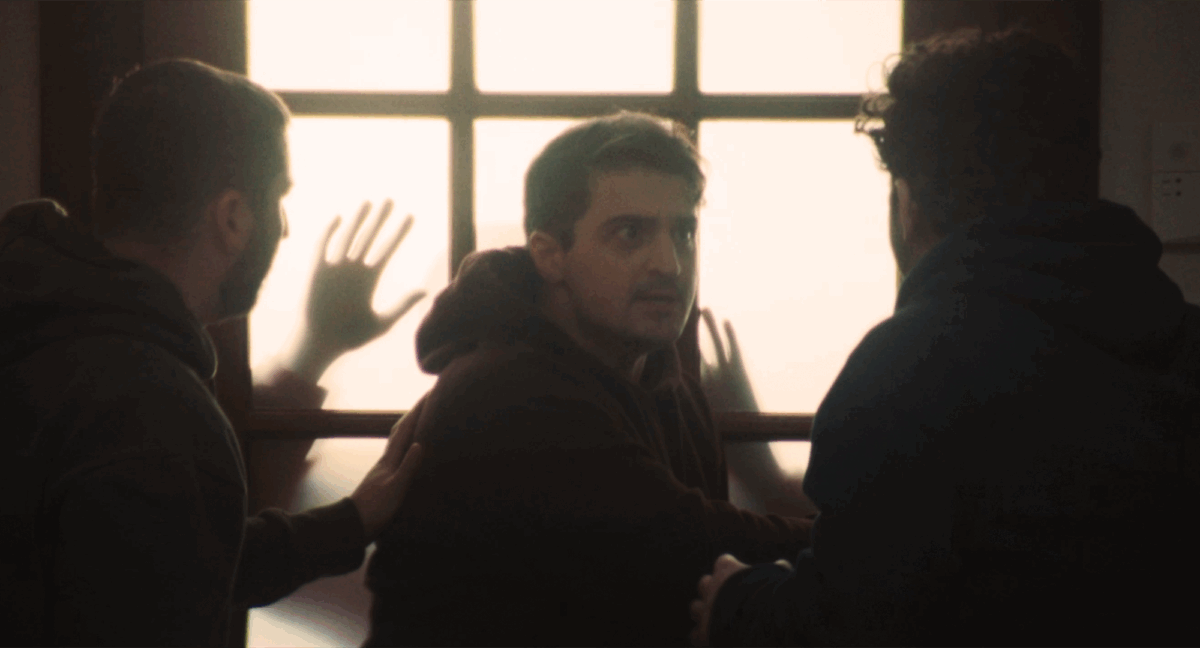
What’s next for you? What are you working on right now?
Neal Kelley & Jono Sherman (NK & JS): We have another feature that we’re hoping to shoot later this year. It’s a bit bigger and more ambitious than Daddy. We’re in the early stages of casting. We’re also continuing to write new and polish some older scripts.
What would you recommend to a new director at the beginning of his/ her journey? Any special courses, workshops, helpful books they can read?
Neal Kelley (NK): The best education is just by watching as many films as you can. Or being open to every kind of genre, style, tone. If you respond strongly to a film, research that director. What else have they worked on? What was their process? There’s endless rabbit holes and paths you can go down if you’re curious. The next piece of that journey is to just start making things. Whether on your own time and with your friends or as part of a formal education. Learning those early lessons, finding out what kind of director you are. Or what kinds of stories you want to tell, is crucial to your development as an artist.
Who is your favorite director? Why?
Neal Kelley (NK): It changes all the time. Charles Burnett is a real inspiration. He’s such a singular, independent artist and has such an intuitive sense of bodies existing in space. Seeing the recent 4K restoration of Killer of Sheep in theaters was an unforgettable experience.
Jono Sherman (JS): It really does change depending on the day, or what mood I am in. But, if I had to pick one I’d say Akira Kurosawa. I think the way he was able to change with the medium through his career is remarkable. As was his ability to make grand sweeping epics, as well as smaller, more personal films. I recently saw Dreams for the first time. While much of it felt ungraspable from a story standpoint. The emotion and ideas that he was trying to convey felt incredibly clear. The ability to achieve both of those things in one movie is remarkable to me.
What advice would you give directors around the world?
Jono Sherman (JS): It is important for a director to find people that believe in the project. Who also believe in your vision and goals as an artist in general.
Filmmaking as a profession is difficult. It is difficult to find financing. It is difficult to make films. And it’s difficult to find an audience for a film once you’ve made it. I’ve found it is helpful to find people to bounce ideas around with, celebrate victories with, and overcome adversity with. The path a director takes in their life and career is different from person to person. They share one thing common. They found people they loved working with early on in their careers and kept working with them. Finding those people can be a difficult task, but the benefits of it are undeniable.
Let’s have your comments on the Neal Kelley & Jono Sherman interview or on Facebook, Instagram, or Twitter
Socials
IMDb
FILMMAKER INTERVIEWS

